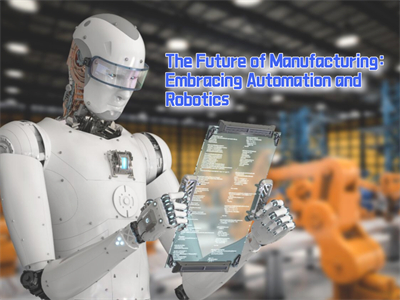ChatGPT has transformed the chatbot scene, surpassing earlier models like Alicebot and Kuki. Developed by OpenAI, it quickly became a sensation, gaining over a million users in just five days. As tech leaders herald its potential, the focus shifts to how ChatGPT can revolutionize various industries, particularly in supply chain management.
At its essence, ChatGPT is an advanced AI designed to generate human-like responses to text prompts. Utilizing Generative Pre-trained Transformer (GPT) technology, it draws on vast datasets to facilitate engaging conversations across a multitude of topics, making it a versatile tool in various fields.
The applications of ChatGPT in supply chain management are just beginning to unfold. Its unique strengths can enhance efficiency in several critical areas:
ChatGPT excels at streamlining customer service by addressing inquiries related to products, orders, and accounts via email or chat interfaces. Its capability to provide real-time information enhances customer satisfaction and fosters loyalty.
With its ability to process and analyze large datasets, ChatGPT can effectively forecast demand by interpreting historical order trends. This insight aids businesses in better inventory management and timely production planning.
ChatGPT's automation potential is significant. It can handle tasks such as invoice generation and managing production communications, thereby increasing overall efficiency within supply chains.
As a training tool, ChatGPT can assist new employees in understanding company policies and procedures. It can generate learning materials and scripts for training sessions, ensuring a knowledgeable workforce.
Another fascinating aspect of ChatGPT is its coding ability. It can help create code snippets or functions, making it a valuable resource for developers working on supply chain technologies.
Despite its promising applications, ChatGPT has limitations that may impact its effectiveness in supply chain management:
Limited Real-Time Knowledge: ChatGPT’s training does not cover recent events or real-time data, restricting its ability to respond to current supply chain dynamics.
Lack of Real-Time Control: Its architecture does not support real-time decision-making or monitoring, which are crucial for effective supply chain management.
Accuracy Issues: While advancements have been made, ChatGPT can still produce incorrect or biased answers, emphasizing the need for reliability in its usage.
ChatGPT has the potential to significantly enhance supply chain management through its communication and analytical capabilities. However, recognizing and addressing its limitations is vital for its successful implementation. As AI technology evolves, tools like ChatGPT could redefine efficiency and operational practices across various industries.
 08/01
08/012025
 08/01
08/012025
 06/01
06/012025
 06/01
06/012025
 07/01
07/012025
 06/01
06/012025
 02/01
02/012025
 26/12
26/122024


 IPv6 network supported
IPv6 network supported
Our hours
